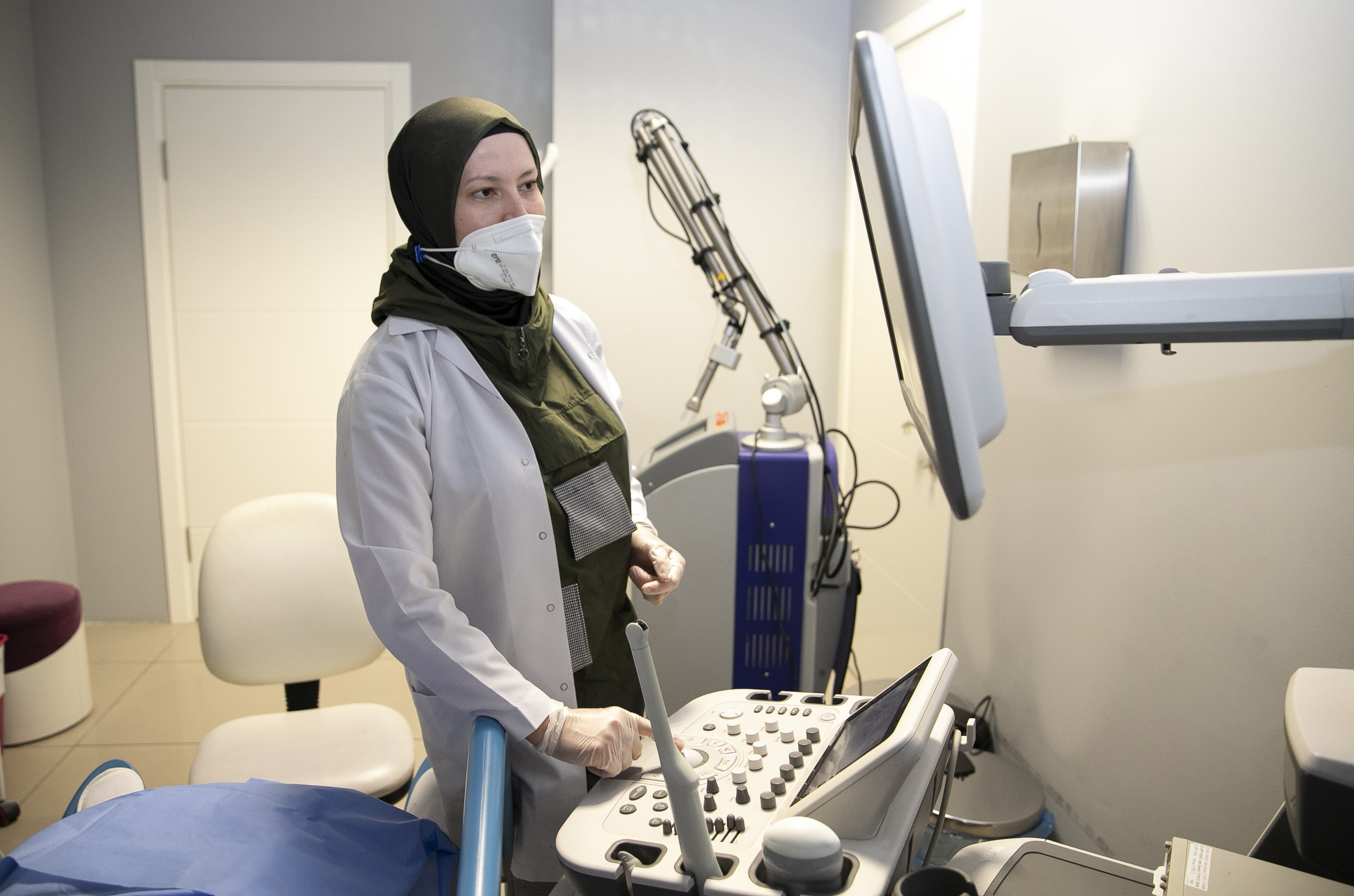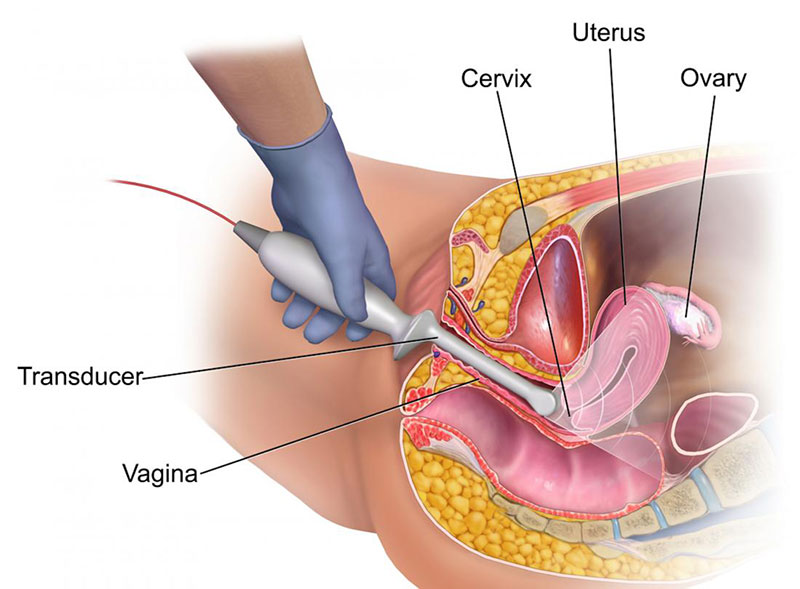Infertility
According to the World Health Organization statements, although women have regular and unprotected sexual intercourse during 12 consecutive ovulation periods; The absence of pregnancy is defined as infertility. Infertility can be either male or female. For this reason, couples at risk of infertility may need to be checked simultaneously.
What are the Causes of Infertility in Women?
There are many different factors that can cause infertility in women. The most common causes of female infertility can be listed as follows:
Polycystic Ovary Syndrome (PCOS): Although the exact cause is unknown; PCOS is defined as a hormonal disorder that occurs as a result of risk factors such as genetic factors, changes in hormone levels, obesity disease and nutritional errors. Irregularities in menstrual periods can prevent ovulation time and thus prevent pregnancy.
Chocolate Cyst: Chocolate cyst that occurs when endometrial cells, which are laid in the uterus under normal conditions, settle outside the uterus and reproduce; are among the factors that can cause infertility.
Ovulation Disorders: Infertility can be seen in women who have premature depletion of eggs, have PCOS syndrome, or have ovulation disorders caused by a lack of hormones that control the ovaries.
Tube Occlusions: Mostly due to sexually transmitted microbes and as a result of previous surgical interventions; Damaged or blocked tubes can prevent the union of egg and sperm, making pregnancy impossible.
Cervical Wounds: If the inflammation in the cervix is not treated, it can cause structural changes in the cervix secretion and lead to infertility.
Infertility Treatment
After determining the cause of infertility in women, infertility treatment methods should be applied step by step. Different diagnostic methods such as ovulation test, HSG, hormone tests, egg reserve counting and imaging can be applied to women with suspected infertility. In some women, in addition to these tests, genetic testing, laparoscopy and hysteroscopy can also be performed.
Infertility treatment; It may vary depending on the cause of infertility, the age of the women, how long they have been infertile, and personal preferences. Infertility is a complicated disorder, its treatment takes time and requires the couples to be psychologically ready.
Ovulation Monitoring: The first step in general infertility treatment is ovulation monitoring. In the treatment process of ovulation follow-up, it is aimed to determine the ovulation time of women and to determine the time periods when fertility is at its peak and to increase the chance of pregnancy. The ovulation period of women is followed by ultrasound imaging, and ultrasound follow-up is performed from the 11th day of the menstrual cycle.
Egg Enhancer Drug Therapy: Drug treatments that stimulate and regulate ovulation; It is the main treatment for women diagnosed as infertile due to ovulation disorders. These drugs, which trigger the release of hormones such as FSH and LH to realize ovulation, constitute the pre-vaccination treatment stage.
Vaccination Treatment: In cases where pregnancy does not occur normally, vaccination can be started in the treatment of infertility. In this treatment, male sperm cells are taken and injected into the uterus. This method, which increases the chance of couple of having a child by approximately 20%, is applied within 2 sessions. In vitro fertilization may be considered if vaccination treatment fails.
If you suspect infertility, you can immediately apply to us for all your examinations and infertility treatment processes.




 Türkçe
Türkçe  English
English  Deutsch
Deutsch  فارسی
فارسی 















